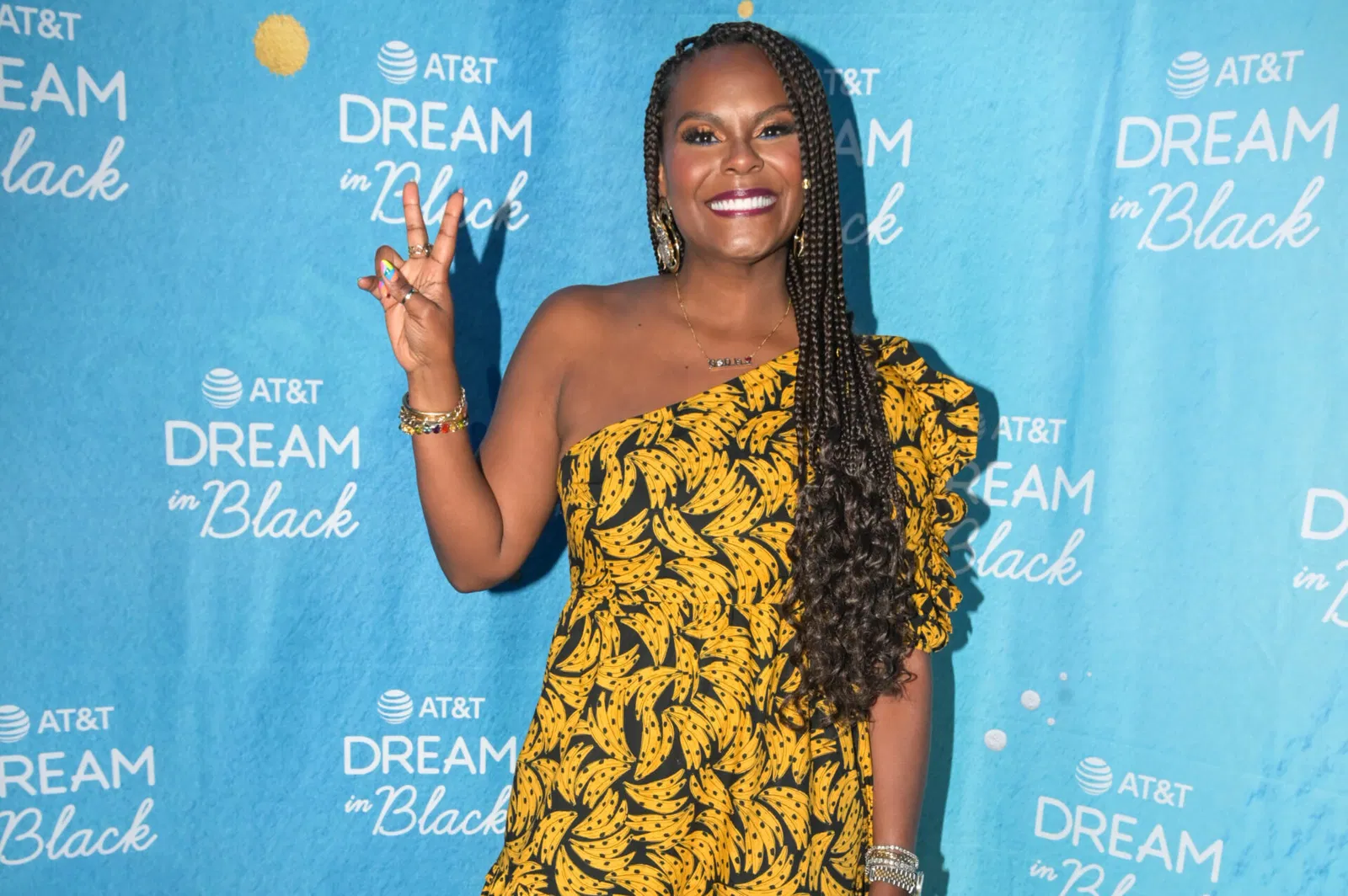The correlation between chemical hair straightening and a higher susceptibility to uterine cancer is more pronounced in Black women.

Recent research published by the National Institutes of Health (NIH) has drawn attention to a potential link between the use of chemical hair straightening products and an elevated risk of uterine cancer among women, in comparison to those who do not use such products.
A comprehensive investigation was conducted as part of the Sister Study, involving a cohort of 33,497 women aged between 35 and 74 over an extensive period of nearly 11 years. Among these participants, a total of 378 cases of uterine cancer were identified.
The data analysis unveiled a notable pattern: women who employed hair straightening products frequently, defined as “more than four times in the past year,” were shown to be more than twice as likely to develop uterine cancer compared to those who refrained from using such products altogether.
Alexandra White, Ph.D., who leads the NIEHS Environment and Cancer Epidemiology group and spearheaded this recent research, remarked, “Our calculations suggest that 1.64% of women who chose not to utilize hair straighteners could potentially experience uterine cancer by the time they reach 70. However, for those who frequently engaged with these products, the risk escalates to 4.05%.”
Nonetheless, it’s essential to contextualize these findings, as uterine cancer constitutes a relatively uncommon form of cancer.
The Sister Study, overseen by the National Institute of Environmental Health Sciences (NIEHS), a division of the NIH, aimed to delve into this matter comprehensively.
Significantly, it was observed that around 60% of the participants who disclosed using hair straighteners in the preceding year identified themselves as Black women.

The connection between chemical hair straightening and the risk of uterine cancer among women of Black ethnicity.
Although uterine cancer represents a mere three percent of all newly diagnosed cancer cases, it stands as the most prevalent form of cancer linked to the female reproductive system.
Moreover, a distinct study has indicated a rise in instances of uterine cancer among Black women in the United States.
Given that Black women have a tendency to utilize hair straightening or relaxer products more frequently and initiate usage at younger ages compared to other racial and ethnic groups, these findings might hold even greater significance for them, as pointed out by Che-Jung Chang, Ph.D., one of the authors of the recent study and a research fellow within the NIEHS Epidemiology Branch.
Researchers have underscored that certain chemicals commonly present in hair straighteners, such as parabens, bisphenol A, metals, and formaldehyde, “potentially contribute to the heightened risk of uterine cancer that has been observed.”
The potential exposure to chemicals through hair straighteners raises heightened concern compared to other personal care products due to their greater absorption through the scalp, a factor that could be exacerbated by burns and lesions caused by these straightening products.
The source also emphasizes that the study found no discernible links between uterine cancer and other hair products used by the participants, encompassing hair dyes, bleaches, highlights, or perms.



